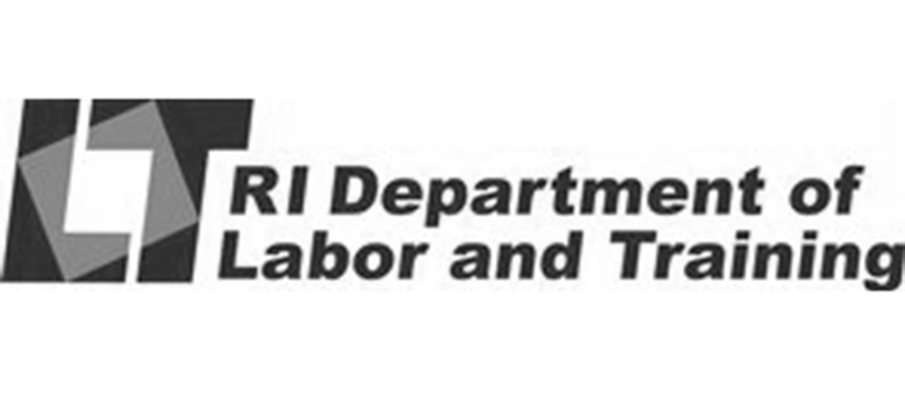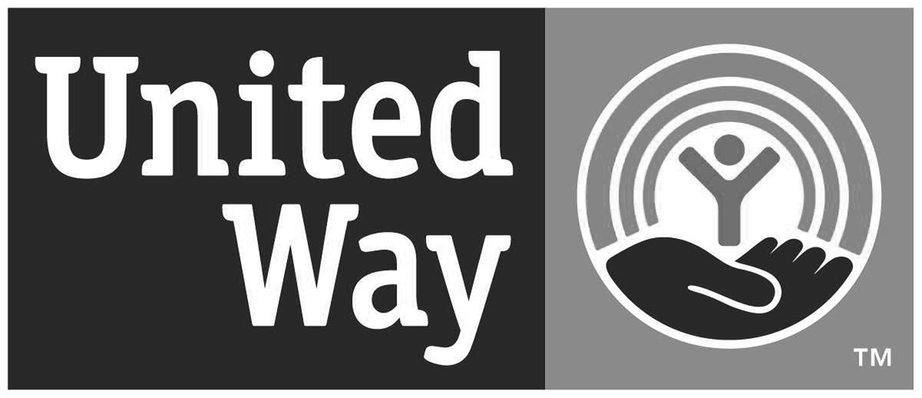RI's Adult Education system has improved performance on post-tests
As compared with the rest of the nation, RI's Adult Education programs have more than doubled the rate at which their learners have increased their EFLs, since 2005.
Adult Education programs measure performance by the percentage of students who improve by at least one EFL within a fiscal year. Using that measure over time, RI's Adult Education system demonstrates considerable effectiveness at increasing the skills of its learners.
More specifically, within three months of exiting the program during the 2012-13 year:
- of the 927 learners who originally enrolled to advance their GED preparation, 825 (89%) passed the GED itself;
- about a third who originally enrolled to become eligible for employment got jobs;
- and 29% ramping up their skills to enter higher education were admitted to higher education or training.
Remember that for many of these learners, achieving these goals can take years.
Data Source: US Dept. of Education Office of Vocational and Adult Education, National Reporting System: "Educational Gains and Attendance by Educational Functioning Level 2005-2013" & "Core Follow-up Outcome Achievement".









